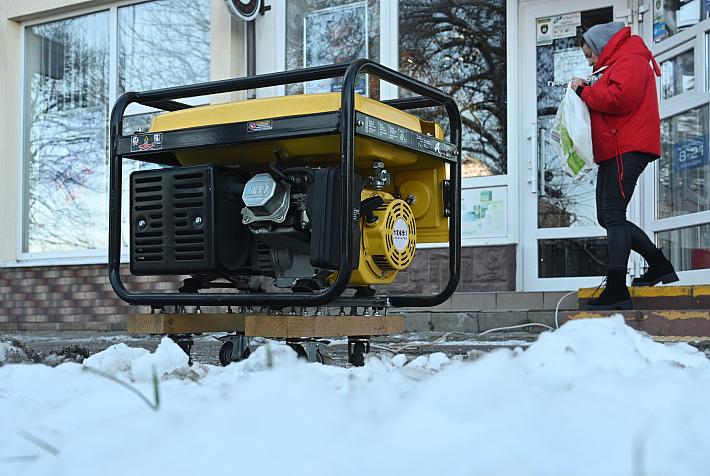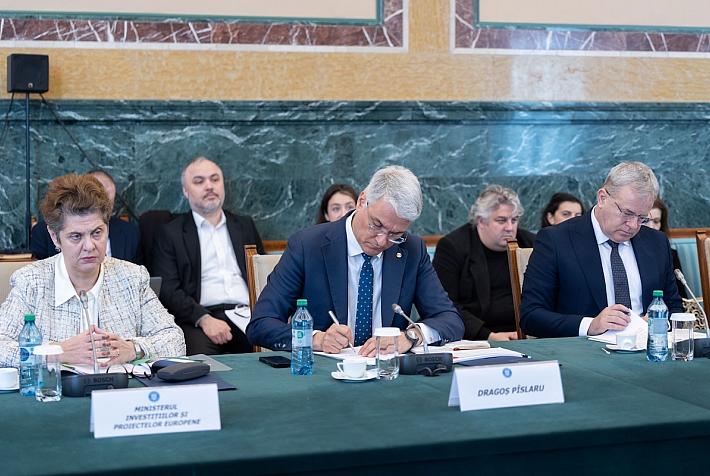Romanian government beset by strikes in all public sectors

The Romanian government is facing a genuine social crisis as the teachers’ strike not only continues but is set to be joined by strikers in all other public sectors, including transportation, paralyzing the planned government rotation of offices.
The general strike initiated by unions in the public education sector in Romania is set to spread to all other public sectors. Teachers will be joined in protest in the coming period by healthcare workers, correctional officers part of the penitentiary police, the national police, railway workers, and other transportation organizations, according to Economedia.ro.
Teachers' unions have announced that strikes and protests will continue after failed negotiations. They are demanding salary increases that the government does not seem willing to accept. A prolonged strike could disrupt critical exams for students, such as the national evaluation and the baccalaureate. The largest protest so far was announced for May 30 in Bucharest, with thousands of education employees expected to attend.
On top of that, unions of healthcare workers have also recently announced that they will protest, a process which may well culminate with stopping work indefinitely. One of the main federations of healthcare unions accused the executive of "salary discrimination" and formed an alliance with all other trade federations in the country (biologists, biochemists, chemists) to coordinate protests. They also say that the Ministry of Labor, headed by Social Democrat Marius Budăi, has been procrastinating in drafting a new law governing salaries.
Penitentiary police officers have announced a Japanese strike for Tuesday, May 30, which will be followed by a stopping of work for 2-4 hours on Wednesday. After that, the Federation of Unions in the National Penitentiary Administration (FSANP) announced that they will block prisons to protest against the special pension reform project. Police officers in the penitentiary system are “tired of being mocked” by the leaders of the governing coalition, according to the press release put out by FSANP.
Aside from officers in the penitentiary system, the National Union of Police Officers and Contractual Staff (SNPPC) will initiate street protests on June 6, 7, and 8. SNPPC leaders announced that they are prepared to disrupt the system, according to an official statement. The police unions argue that the government has created legislative chaos around pensions.
Employees of the state railway operator CFR also protested on Monday in front of the Ministry of Transport, presenting several demands, including the approval of the budget for CFR Călători and CFR Infrastructură and a salary increase to enhance employee efficiency. They announced another protest for June 26, followed by a rally in front of the government building on July 1.
There is a risk of trains not running during the peak summer season in the event of a general strike by railway workers. "Although the state is aware of the great need for investments to increase railway safety and improve traffic conditions, it has reduced the compensation received by the railway company by 10%," CFR union members say. They complain about deteriorating working conditions and low salaries.
Civil servants are also threatening the government with protests. Some of the largest unions in Romania, APIA, and Cartel ALFA, announced that their members will stop working if the salary grid is not standardized. Additionally, officials in prefectures around Romania began striking in April and threatened to continue, while those in the Probation system started their strike on May 11.
National transport organizations are also looing to protest due to the vignettes, the costs of which could increase drastically due to the implementation of certain conditions specified in the National Recovery and Resilience Plan (PNRR). Transportation companies announced that they will take to the streets if the Ministry of Transport maintains the proposed tariffs for the new toll vignette, TollRO, which will come into effect on January 1, 2026. According to simulations presented as early as March, the new road tax will result in an over 500% increase in fees for trucks, from the current EUR 1,210 to EUR 7,050 by 2026 for traveling on highways for the entirety of a trip.
(Photo source: FSLI Romania on Facebook)













